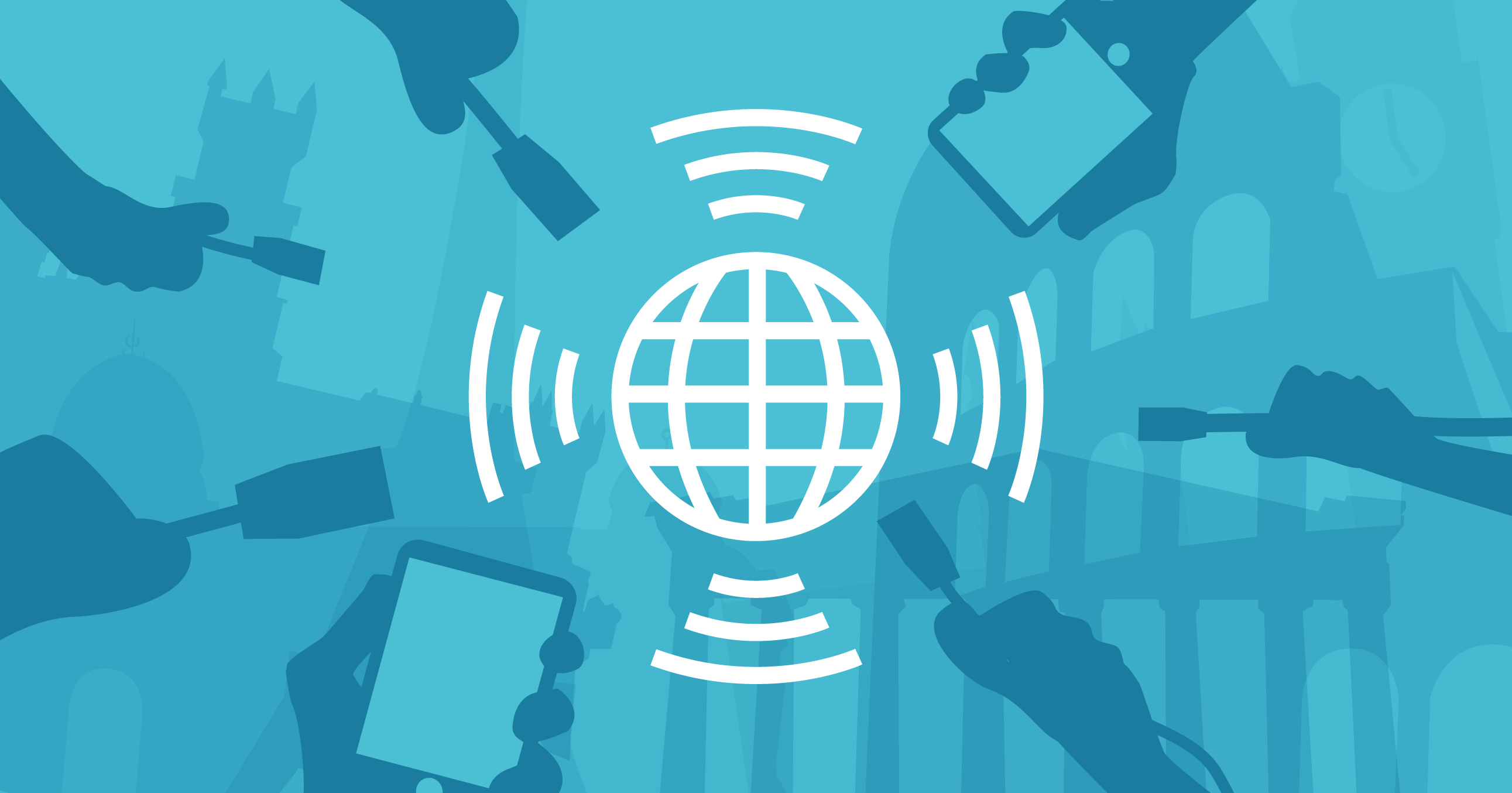Earlier this year, the three major European institutions reached an agreement in the Telecoms Single Market trialogue, where lawmakers made several ambitious promises. Among them was the promise to enshrine Net Neutrality rules concretely into EU law. The aim: to guarantee Europeans the “most comprehensive open internet rules,” and to prevent fragmenting equitable cross-border internet services that are in a single market. However, as it stands, the legislation is not yet clear enough to realize these grand ambitions.
The European Parliament will vote on the TSM on 27 October. While the framework still has the potential to create clear rules on Net Neutrality for the 28 EU member states, Access Now is concerned that the text currently lacks clarity. If the Parliament approves the text in its current form, it will leave Net Neutrality rules to be determined by courts or EU telecommunications regulators. Until then, telecommunications providers would have wiggle room to carry out discriminatory practices to increase profits at the expense of consumers and the free and open internet.
To rectify the situation, legislators have advanced amendments in four specific areas of the legislation. These amendments would bring the text in line with the original, unambiguous vision for Net Neutrality in Europe:
- Network discrimination must be stopped in its tracks
The current text gives leeway to discrimination in the network. Internet giants should not be allowed to buy VIP tickets to prioritise their content over other internet traffic. The TSM should ensure that internet traffic continues to flow without discrimination.
- All traffic must be treated equally
Currently the text would allow ISPs to distinguish between “types of traffic.” This must be prevented to ensure that all traffic is treated equally, and that no type of traffic, such as encrypted data, is deliberately slowed down or deprioritised.
- States must be allowed to ban zero rating
Currently the TSM text allows companies to pay for free packets, an anticompetitive and discriminatory practice that threatens to create a two-tiered internet. Everyone should have an equal opportunity to reach and build an audience online. Otherwise internet service providers become de facto gatekeepers of the internet, choosing the winners and losers online. Allowing zero rating would not only hamper innovation, it would also impact users’ rights to freedom of expression.
- Network congestion management must be targeted
In the current draft, providers are allowed to manage network traffic in a case of “impending congestion.” This leads to over-managing traffic and since the meaning of impending is not clearly defined, it opens the floodgates for traffic management to be happening at all times. Traffic management must be required to be transparent, necessary, targeted and in accordance with the law.
We’re glad to see amendments advanced that would close these loopholes to Net Neutrality. That said, each amendment now on the table requires an absolute majority vote of the Parliament to be adopted.
For that reason, Access Now and the other civil liberties groups behind the “Save the Internet” campaign have launched one final push to include the clarifying amendments on the four issues described above. We encourage you to join us at the FINAL COUNTDOWN to bring real Net Neutrality to Europe. Contact your MEPs now to ask them to support the necessary amendments, and then tell friends, family, and colleagues to join you.
